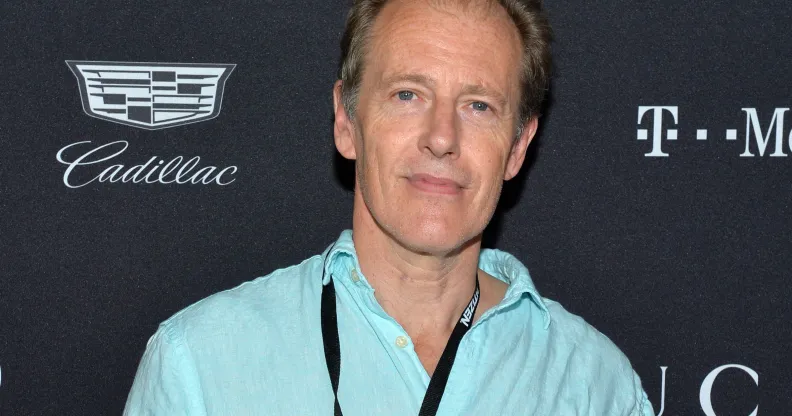Top UN official says there’s been a human rights ‘backlash’ in the last decade

Outgoing assistant secretary-general for human rights Andrew Gilmour. (Noam Galai/Getty Images for Global Citizen)
A top UN official has said that the last decade has seen a “backlash” for human rights, with LGBT+ people and women especially affected.
Andrew Gilmour, who is the outgoing assistant secretary-general for human rights, told the Associated Press that the regressions seen in the 2010s did not equal the advances made in the 1970s, but that the situation was serious.
Gilmour said that LGBT+ rights were at risk because of authoritarian leaders who make “derogatory” comments about gender and sexuality, specifically mentioning Russian president Vladimir Putin, Turkish president Recep Tayyip Erdogan and Hungarian prime minister Viktor Orban.
Putin brought in Russia’s “gay propaganda law” in 2013, which bans “propaganda of non-traditional sexual relationships” which might be seen by people under 18.
It also outlaws people sharing “distorted ideas about the equal social value of traditional and non-traditional sexual relationships”.
In 2012, Orban created a new Hungarian constitution which bans gay marriage and does not explicitly protect gay people from discrimination. In 2016, he also blocked a Europe-wide agreement on LGBT+ rights.
Erdogan, who took office in 2014, has said that LGBT+ representation is “at odds” with Turkish values.
Gilmour also said that the US specifically is “aggressively pushing” back against women’s reproductive rights, which was causing regression in the area in other countries which fear losing US aid.
Although he said he was pleased that Kelly Craft, US ambassador the the UN, was committed to protecting human rights, he added: “I do hope that she will be gently and firmly held to that high standard.”
Gilmour said that he believed in younger generations to turn around the human rights regressions seen in the last decade.
He said: “The progress of human rights is certainly not a linear progression, and we have seen that.
“There was definite progression from the late ’70s until the early years of this century. And we’ve now seen very much the counter-tendency of the last few years.”
He added that although the state of human rights was worse during the Cold War, “there wasn’t a pushback as there is now.”
But, he said: “What gives me hope as we start a new decade is that there will be a surge in youth activism that will help people to get courage, and to stand up for what they believe in.”

